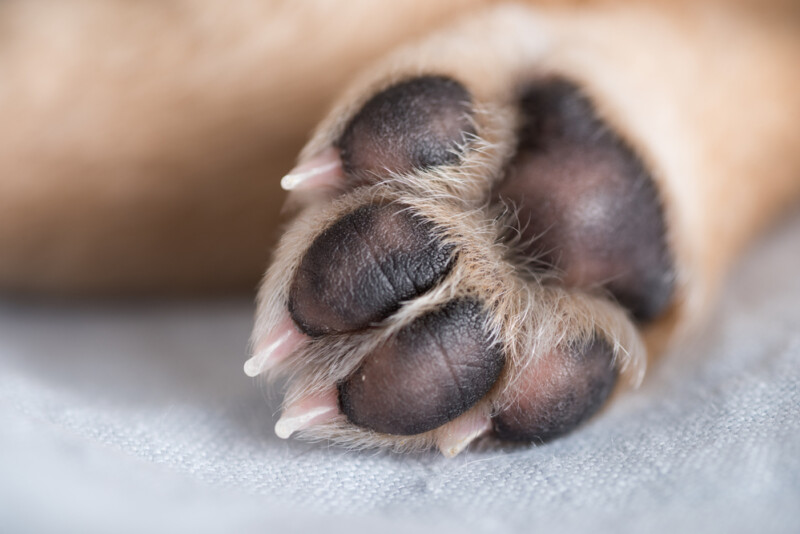As dogs grow older, it’s common for their digestive health to become less robust. Where puppy tummies bounced back from dietary digressions or stress-related gut issues, senior systems sometimes struggle with more frequent upset stomach, vomiting and diarrhea. Understanding what triggers elderly dog diarrhea helps address the root causes for relief.
Common Causes of Senior Dog Diarrhea
An assortment of factors can negatively affect gut function in aging canines:
- Prescription medication side effects
- Underlying illness like liver or kidney disease
- Food allergies or sensitivities
- Dietary changes or rich foods
- Bacterial infections
- Gastrointestinal disease
- Tumors or cancer
- Inflammatory bowel disease
- Stress, anxiety or neglect
Any substantial shifts in food, activity levels, or routines also commonly disrupt delicate digestive balances. Stay alert to potential sources of irritation through the senior years.

Risks of Persistent Diarrhea
While brief upset stomach often passes on its own, diarrhea extending beyond 48 hours poses certain risks requiring veterinary attention:
- Dehydration from fluid loss
- Harmful bacteria entering bloodstream
- Weight loss and malnutrition
- Accidents around the home
- Leakage irritation around tail/hindquarters
Catching the cause early maximizes comfortable recovery. Diagnostic stool tests check for underlying problems.
Caring For a Senior Dog With Diarrhea
Follow these steps caring for a geriatric dog enduring digestive distress:
- Withhold food initially – Rest the gastrointestinal tract for 12-24 hours
- Transition to a bland diet – Try boiled chicken and rice or prescription GI food
- Keep hydrated – Offer frequent small sips of water
- Make potty breaks accessible – Avoid stairs or complexity
- Provide probiotics – Restore healthy gut microbes
- Clean soiled hair gently – Prevent skin scalding
Monitor energy levels, appetite, stool quality and behavioral changes to inform vet rechecks until stools normalize. Supportive care eases sickly seniors through the roughest patches.
Pay attention when a formerly iron-stomached pup seems under the weather – don’t dismiss new tummy troubles as just “old age” without proper diagnosis. Catching preventable diarrhea triggers leads the way to maximizing GI wellness deep into the golden years.

Frequently Asked Questions
Could my senior dog’s diarrhea be from anxiety or dementia?
Yes, stress and cognitive decline in aging dogs commonly manifests digestive upset like diarrhea, vomiting, or loss of bowel control. Consult your vet about anxiety relief medications, pheromone diffusers or dietary changes to ease worry and related symptoms.
How long can I wait before taking my elderly dog with diarrhea to the vet?
Unless you need to withhold food for existing treatment plans, contact your vet promptly within 12 hours if no improvement, if bloody stools appear or concerning secondary symptoms arise. Senior dogs dehydrate quicker during bouts of diarrhea.
What preventative options help senior dog digestion?
Probiotic supplements support healthy gut flora vulnerable in mature dogs. Joint supplements reduce inflammation-related issues. Dental care lowers bacteria ingestion risks. Appropriate senior dog foods supply gentle nutrition that just “sitting right”. Maintaining good health prevents decline.
Stay proactive managing elderly dogs’ wellbeing – don’t write issues like chronic gastrointestinal distress off as just being “part of getting old”. Compassionate intervention keeps life comfortable.



